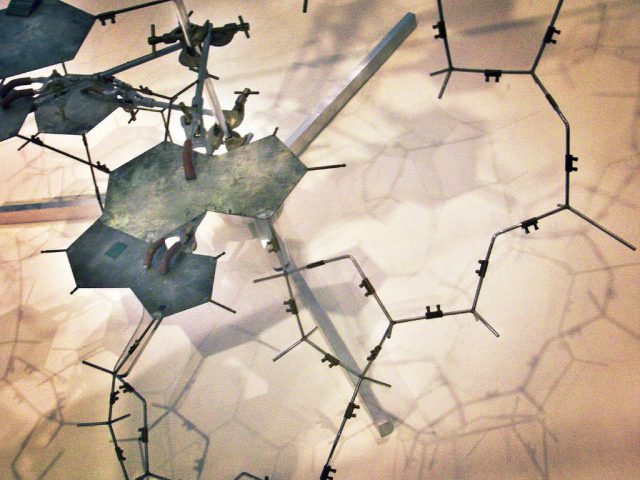Cancer gene sequencing effort struggles through waves of false IDs
Ars Technica » Scientific Method 2013-06-18
With the development of DNA sequencing centers that are capable of churning out multiple genomes in a week, many scientists saw a resource that they could turn against cancer. By sequencing a person's healthy cells and comparing those results to the sequence of their cancer cells, it would be possible to map all the genetic changes that drive cancers. Within the list of genes, there might also be hints for future therapies.
As the cancer genomes have rolled in, however, reality hasn't kept pace with the promise. As the number of cancer genomes sequenced has risen, the number of genes identified has continued to grow. And, as noted by the authors of a paper released by Nature over the weekend, some of the genes are overwhelmingly unlikely to have anything to do with cancer. So, a huge team of researchers set out to find out why and, when they did, use that knowledge to fix the problem.
Although some cancers are caused by viruses, the majority of cases are caused by mutations that alter or disable the genes that normally control a cell's growth. Many of these have been identified over the years: some that are common to many cancers, others that are specific to just a few. Until recently, there was no way to be sure we had a complete catalog of the genes involved, or knew which ones were important in which cancers. Genome sequencing gave us the chance to develop a complete catalog.
Read 11 remaining paragraphs | Comments
